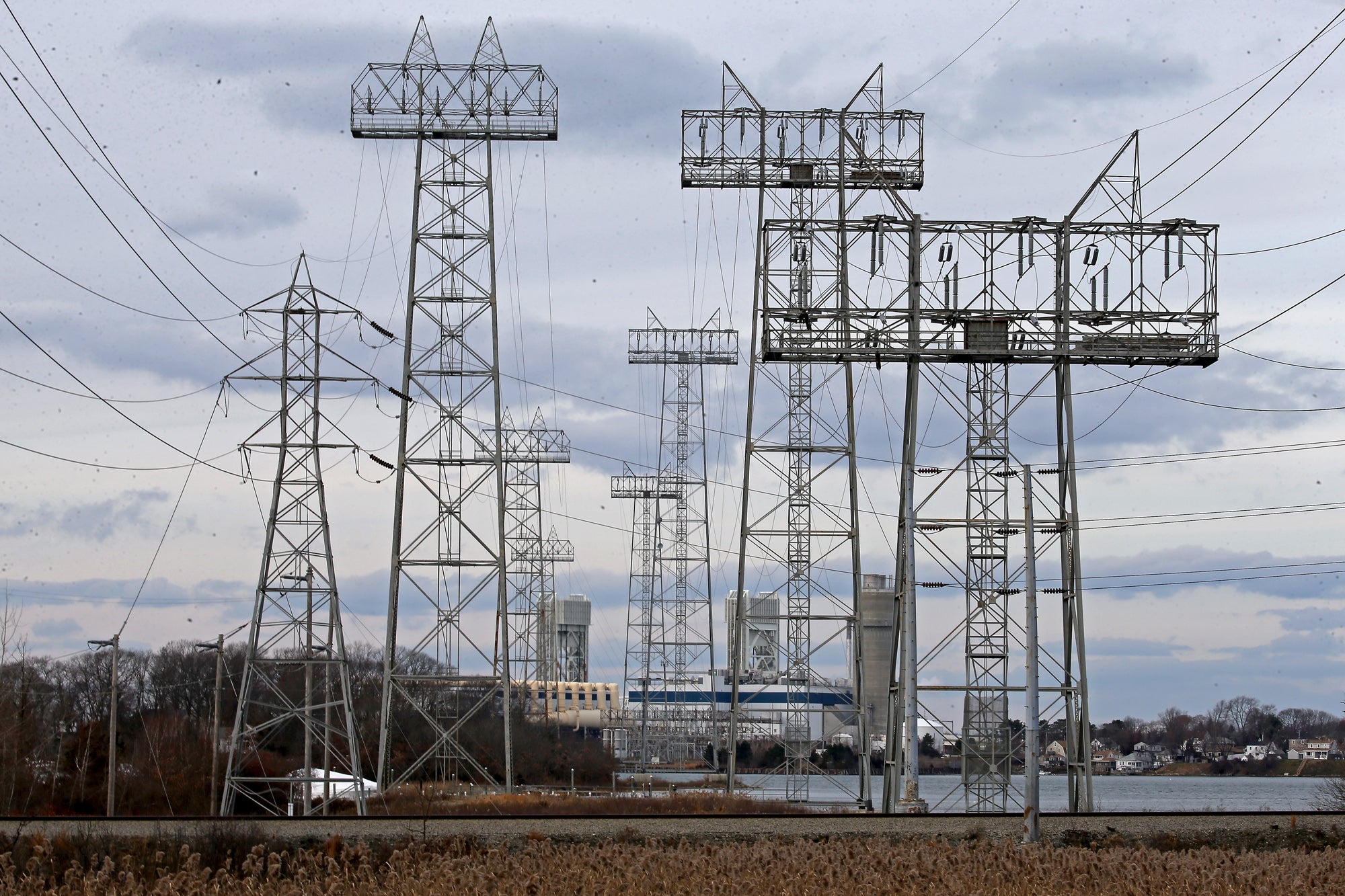
This past weekend marked another hot and humid day across the U.S., as extreme temperatures and ongoing droughts have threatened the safety of power grids. According to CBS News, these issues could cause the power grid to buckle this summer, potentially leading to electricity shortages and blackouts.
NERC, a regulating authority that oversees the health of the nation’s electrical infrastructure, says in its 2022 Summer Reliability Assessment that those issues will cause the demand for electricity to rise. Meanwhile, drought conditions will lower the amount of power available to actually meet that demand.
“Industry prepares its equipment and operators for challenging summer conditions. However, persistentnt, extreme drought and its accompanying weather pattern, are out of the ordinary and tend to create extra stresses on electricity supply and demand,” said Mark Olson, NERC’s manager of Reliability Assessments.
Forced power outages, also known as rolling blackouts, are initiated during these situations—which is what millions of Americans run the risk of seeing this summer—to prevent long-term damage to the grid. Power grids aren’t just susceptible during these hot temperatures or droughts, they’re also capable of happening during the winter. Last February, Texas witnessed its highest electricity demand ever as residents tried to keep warm.
In order to prevent the power grid from crippling under the stress, grid operators were forced to implement rolling outages when Texans needed power the most.
At that time, more than 200 people died during the power crisis, with the most common cause of death being hypothermia. An analysis released in November 2021 indicated power plants were unable to produce electricity primarily due to natural gas issues and generators freezing.
NERC claims that much of North America will have adequate resources and electricity on hand for this summer, but several markets are at risk of energy emergencies.







The Upper Midwest and mid-South along the Mississippi River will experience the highest risk this summer, NERC warns, where the retirement of old power plants and increased demand are troublesome. Furthermore, the region is without a key transmission line that was damaged by a tornado in December 2021. Texas, the West Coast, and the Southwest are at an elevated risk.
In addition to extreme weather, supply chain issues and an active wildfire season will further comprise reliability this summer, the assessment warns.






